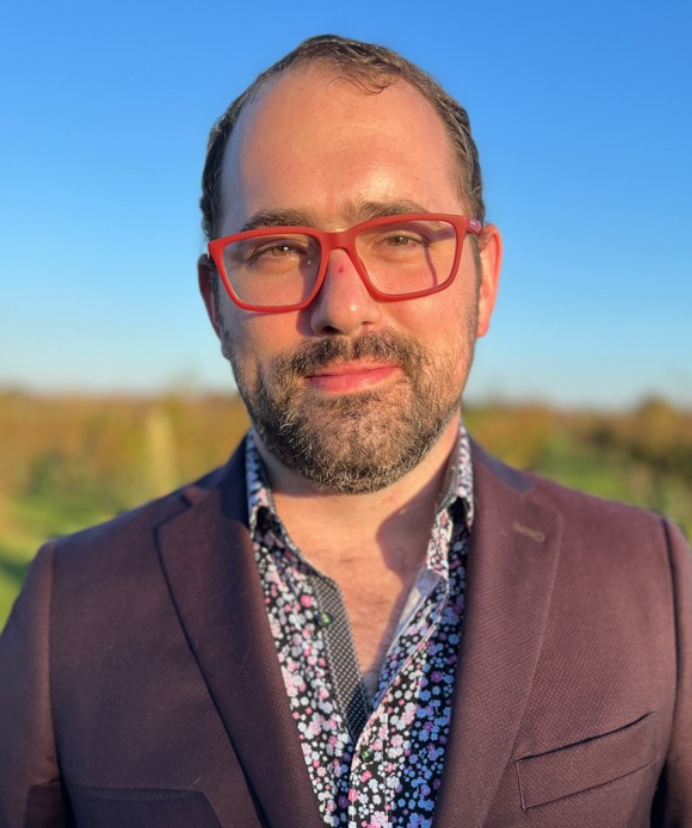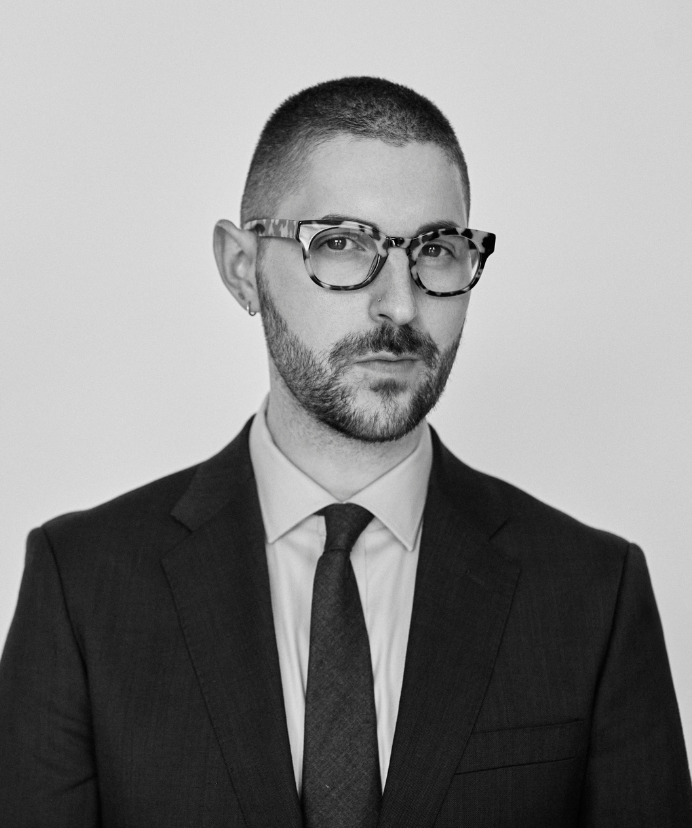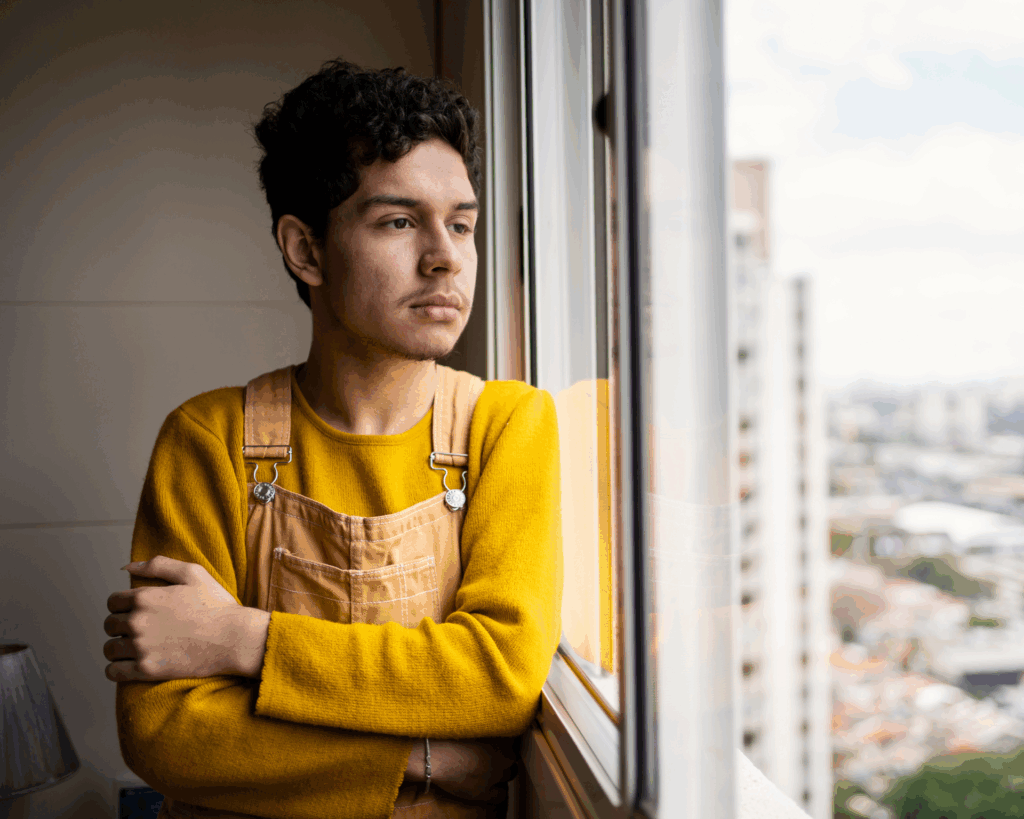Georges Benjamin
Georges Benjamin of the American Public Health Association discusses how to build the public health system of the future and how Covid-19 changed his work.

Read Time: 4 minutes
Published:
Georges Benjamin is known as one of the nation’s most influential physician leaders because he speaks passionately and eloquently about the health issues having the most impact on our nation today. As executive director of the American Public Health Association (APHA) since 2002, he is leading the Association’s push to make America the healthiest nation in one generation. PHP Fellow Pat Williams profiles Dr. Benjamin to understand how to build the public health system of the future and how COVID-19 changed his work.
Public Health Post: What was your focus of work before the Covid-19 pandemic?
Georges Benjamin: APHA’s mission is a broad one. We work to improve the health of the public and achieve equity in health status, so the work we do covers a lot of ground—from ensuring everyone has access to care to strengthening public health infrastructure. Our recent work has centered on issues such as preventing gun violence prevention, addressing the effects of climate change on health, and highlighting the link between social determinants and health. As you could imagine, Covid-19 has consumed a lot of our focus in recent months. We’ve been at the forefront of work to address this crisis by advising Congress, sharing information with public health professionals on the frontlines, and advocating to ensure the public health system has the funding and resources it needs to control the outbreak.
Like public health agencies across the US, we are still continuing to address other important public health issues. For example, we recently participated in an appellate brief involving the US Food and Drug Administration and the e-cigarette industry. The FDA received congressional approval a decade ago to regulate the tobacco industry but then delayed regulating e-cigarettes when they came on the market years later. We weighed in on that. We also recently stood up for the health of farmworkers by denouncing the US Environmental Protection Agency’s proposal to relax a rule that would put farm workers at risk to pesticide exposure. We’ve also spoken out on measures that would expose more Americans to polluted and potentially toxic air. Everyday work to protect the health of people and communities doesn’t end during a pandemic.
How has this pandemic changed your work and the way you think about public health?
The Covid-19 outbreak has reinforced the need for a strong public health system, not only in the US, but globally. We have to ensure that we push more effectively for the resources and systems that will mitigate this pandemic and other existing and emerging health threats. We are challenged in the US by a reduced public health workforce, which has lost about 50,000 jobs in local and state public health over the last decade. Underfunding is an ongoing problem. The White House’s federal budget for fiscal year 2021 that was released in January proposes a major disinvestment in public health in the US. Our hope is that the pandemic will open the eyes of legislators and policymakers to the urgent needs and importance of the public health system. When this ends, we need to come out of this with new insights, support, and resources to prevent such an outbreak from ever occurring again.
What is a lesson learned during the response to Covid-19 that will inform your future work?
We in the nongovernmental public health sector need to speak out earlier and more loudly when we see our national leaders failing to step up. If federal leaders and state governments had ordered mitigation efforts weeks or even days earlier, we might be in a very different place right now in this outbreak. Moreover, the lack of personal protective equipment for our frontline health workers has been appalling. We have federal officials telling medical workers to store their protective respirators in paper bags at their end of their shifts so they can reuse them. As of April 9, we had almost 9,300 confirmed cases of Covid-19 among health workers in the US, including 27 deaths. This should never have happened. I don’t think we could have ever imagined how unprepared this administration was to lead during a health crisis. So the lesson is, as we prepare for future health threats, we must continue to support a science-based approach. We must advocate for sustained adequate resources and funding for the public health system, and we must continue to prioritize facts over politics, misinformation, and fear.
Editor’s note: This is part five in a series of Profiles exploring the coronavirus pandemic with thought leaders in public health. You can read parts one, two, three, four, six, seven, and eight here.
Photo courtesy of Georges Benjamin




